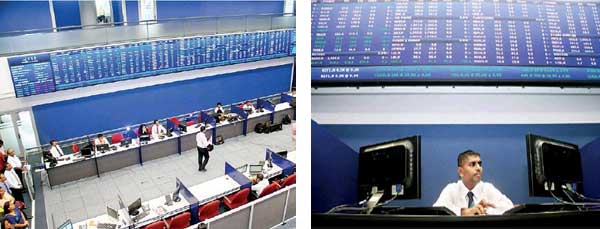20 Jan 2015 - {{hitsCtrl.values.hits}}
.JPG) In Sri Lanka, as politics is inseparable with day-to-day life, it holds true for the link between political developments and the capital markets. With 2015 presidential elections now in the past, initial euphoria regarding the new president and the fresh government had ended with the market performance becoming choppy. Reality has set in, the new government is in office for only 100 days and the main focus of the ruling party policymakers would be to introduce the democratic reforms they promised within the said period.
In Sri Lanka, as politics is inseparable with day-to-day life, it holds true for the link between political developments and the capital markets. With 2015 presidential elections now in the past, initial euphoria regarding the new president and the fresh government had ended with the market performance becoming choppy. Reality has set in, the new government is in office for only 100 days and the main focus of the ruling party policymakers would be to introduce the democratic reforms they promised within the said period.
25 Nov 2024 21 minute ago
25 Nov 2024 24 minute ago
25 Nov 2024 2 hours ago
25 Nov 2024 3 hours ago
25 Nov 2024 3 hours ago